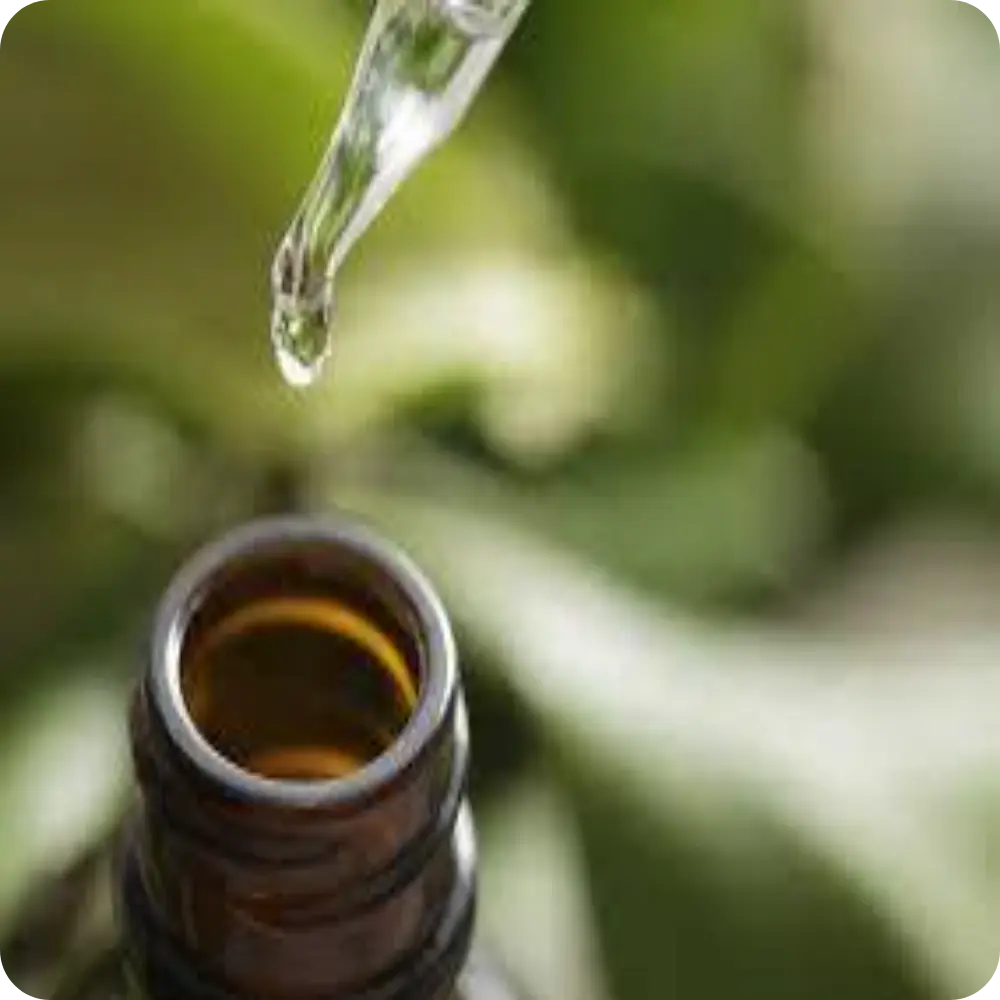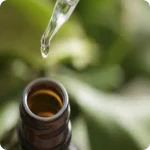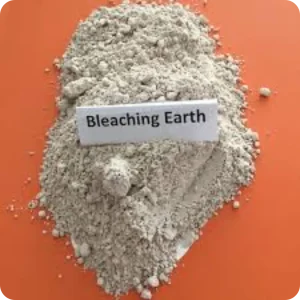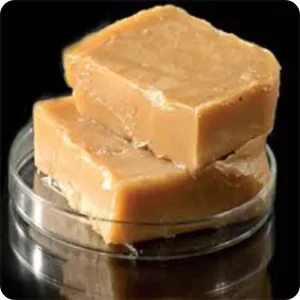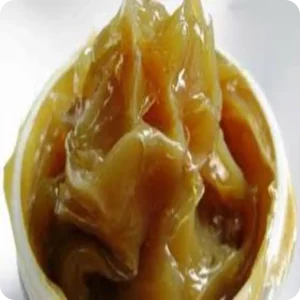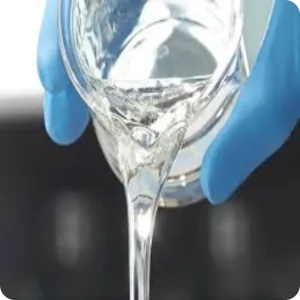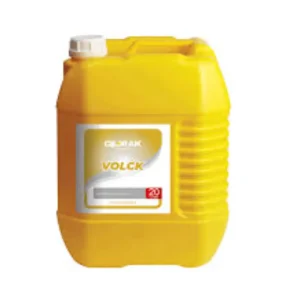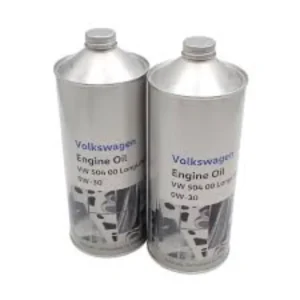UltraPure PowerBase 360 Pro Grade White Oil – Advanced Performance Booster 24/7
UltraPure PowerBase 360 Pro Grade White Oil is a highly refined and ultra-pure base oil designed for demanding industrial applications. It offers exceptional chemical stability, non-toxicity, and outstanding lubricating properties, making it ideal for use in pharmaceuticals, cosmetics, food processing, and machinery lubrication. Manufactured through advanced hydrogenation processes, it achieves a high saturates content and extremely low sulfur levels for unmatched performance. The product’s 24/7 reliability and versatility provide a competitive edge in protecting equipment and enhancing product quality across multiple sectors. Its professional-grade purity and stability set it apart as a premium choice for industries requiring top-tier white oil
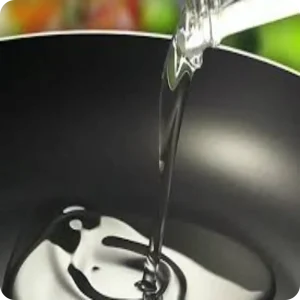
UltraPure PowerBase 360 Pro Grade White Oil – Advanced Performance Booster 24/7
Here is a detailed specification table of liquid paraffin based on the gathered data:
| Characteristic | Specification / Range | Test Method |
|---|---|---|
| Kinematic Viscosity at 40°C | 19 – 21 cSt | ASTM D-445 |
| Pour Point (Max) | 0 to -6 °C | ASTM D-97 |
| Flash Point | 197 – 215 °C | ASTM D-92 |
| Density at 20°C | 0.827 – 0.890 g/cm³ | B.P 2012 |
| Color (Lovibond) | 0.2Y + 0.2B | IP-17 Method A (2-cell) |
| Odor | Odorless or very faint mineral oil odor | Sensory / B.P 2012 |
| Acidity or Alkalinity | Passes standard test | B.P 2012 |
| Solid Paraffin Presence | None detected | B.P 2012 |
| Boiling Point | 300 – 450 °C | Various sources |
| Ignition Temperature | >300 °C | Manufacturer data |
| Vapor Pressure | ~0.025 hPa at 20°C | Merck Millipore |
| Melting Point | -60 to -9 °C | Merck Millipore |
| Viscosity Kinematic (Pharma Grade) | 3.0 – 33.5 mm²/s at 40°C | Pharmacopoeial methods |
| Density (Pharma Grade) | 0.810 – 0.880 g/cm³ | Pharmacopoeial methods |
| Toxicology | LD50 oral (rat): >5000 mg/kg | Toxicological tests |
| LD50 dermal (rabbit): >2000 mg/kg | ||
| Storage Conditions | Store at +2°C to +30°C, away from direct light | Manufacturer guidelines |
This table summarizes the key physicochemical properties and quality parameters for liquid paraffin suitable for industrial and pharmaceutical applications. It highlights differences typical in industrial vs. pharmaceutical grades regarding viscosity ranges, purity, and safety requirements
Product Introduction: Liquid Paraffin
Liquid Paraffin is a highly refined and clear mineral oil known for its purity, odorlessness, and high chemical stability, making it a key component across various industries. Derived through the distillation and purification of crude oil, it meets strict pharmaceutical and industrial standards.
Premium Bulk Vaseline – Medical, Cosmetic & Industrial Grade1
Product Overview and Industrial Applications
Pharmaceutical and Cosmetic Uses: Acts as an emollient and moisturizer in creams, lotions, ointments, and medical formulations.
Food Industry: Used as a lubricant in food processing equipment and occasionally as a coating for fruits or dietary supplements.
Machinery and Light Industry: Serves as a lubricant and release agent in plastic, rubber, textile, and candle manufacturing.
Textile and Printing Industries: Provides lubrication to machinery and prevents fiber adhesion during production processes.
Competitive Advantages and Product Features
High Purity and Quality: Precisely refined and carefully controlled to be free from harmful compounds and contaminants.
Odorless and Colorless: Ideal characteristics for use in sensitive pharmaceutical and cosmetic products.
Excellent Chemical Stability: Resistant to oxidation and chemically inert with most substances, enabling long-term use without quality degradation.
Broad Industrial Compatibility: Compliant with international standards such as BP, USP, and FDA, suitable for both hygienic and industrial environments.
Versatile Applications: Compatible with a wide range of industries due to its ability to be formulated with various additives and adapt to different manufacturing processes.
These features make Liquid Paraffin a reliable and valuable choice for businesses prioritizing quality, safety, and adaptability.
Key Features and Benefits
UltraPure PowerBase 360 Pro Grade White Oil stands out due to its exceptional purity and superior quality, ensuring optimal performance in all industrial applications. Its highly refined composition effectively reduces friction between moving parts, which significantly extends the lifespan of equipment and minimizes maintenance costs. Designed for continuous operation, this white oil delivers reliable 24/7 performance, providing unique productivity-enhancing properties that keep machinery running smoothly and efficiently. These key advantages make it a trusted choice for industries seeking both durability and peak performance.
3. Main Applications
Pharmaceutical and Cosmetic Industries: Liquid paraffin is widely used as a key ingredient in the production of ointments, creams, moisturizers, and cosmetic products like lotions and petroleum jelly. It also plays a significant role in paraffin therapy for skin treatment and joint pain relief.
Food Industry: It serves as a protective coating to preserve freshness and quality of food products by preventing moisture and oxygen exposure. Additionally, it is used as a lubricant in food processing machinery.
Plastic, Rubber, and Textile Industries: Liquid paraffin functions as a lubricant and plasticizer in the manufacturing of plastics and rubber goods. In textile production, it is used for lubricating machinery, softening fibers, and reducing static electricity.
Use in Lubricants and Industrial Raw Materials: It is a fundamental base oil in producing various lubricants, hydraulic fluids, and other industrial formulations due to its excellent friction-reducing and chemical stability properties. It is also used as a release agent in molding processes and as a hydraulic fluid in machines
Production Process and Quality Standards of Professional Grade White Oil
Step-by-Step Production of Professional Grade White Oil:
Initial Crude Oil Extraction: Crude oil is extracted from wells and initially separated from impurities.
Primary Purification (Distillation): In refineries, crude oil is fractionally distilled based on boiling points to extract the desired lighter fractions.
Hydrotreating: This is a critical stage for enhancing the quality of white oil. In this process, polar compounds, oxidized molecules, and unwanted impurities are removed using hydrogen and catalysts at high temperature and pressure. Hydrotreating purifies the oil, significantly increasing its stability and clarity. It also improves the color and odor of the oil, elevating the final product quality.
Severe Refining (Advanced Purification): After hydrotreating, further precise refining takes place using advanced technologies to remove finer impurities, resulting in an oil that is completely colorless, odorless, and stable. This stage may include catalytic purification, adsorption, or specialized filtration techniques.
Quality Control Testing: Samples are tested throughout the process for parameters such as color, purity, flash point, viscosity, and other physical and chemical properties.
Importance of Hydrotreating and Severe Refining:
Removal of Harmful and Unwanted Compounds: Polar impurities, sulfur compounds, and oxidized molecules are eliminated, producing extremely pure oil.
Improved Color and Odor: Hydrotreating removes undesirable color and petroleum-like odors.
Increased Stability and Shelf Life: The oil becomes more resistant to oxidation, maintaining quality over time.
Enhanced Safety and Compliance for Pharmaceutical & Cosmetic Uses: These processes produce products suitable for pharmaceutical and personal care applications.
International Standards and Certifications:
USP (United States Pharmacopeia) and NF (National Formulary): These are pharmaceutical compendia standards ensuring product quality, purity, and safety, recognized by U.S. regulatory agencies.
FDA (Food and Drug Administration): The FDA reviews and approves white oil products to ensure safety and hygiene compliance for food, drug, and cosmetic uses.
ISO Standards: Various international standards such as ISO 22000 (food safety management), and specific oil and fat testing standards (ISO 15267, ISO 6820, ISO 23275, etc.) are applied to verify the physicochemical properties and product quality.
HACCP (Hazard Analysis and Critical Control Points): An international food safety management system implemented to control hazards in manufacturing edible or pharmaceutical oils.
These certifications and standards help manufacturers deliver reliable, safe, and globally accepted high-quality products.
Summary:
Professional white oil production involves initial crude separation, hydrotreating (to remove unwanted compounds using hydrogen), advanced severe refining for quality enhancement, and final stabilization.
The hydrotreating process plays a key role in deep purification, improving stability, and refining physical and chemical characteristics.
Compliance with USP, NF, FDA, and other international standards such as ISO and HACCP guarantees product quality and safety.
These foundations ensure the production of professional-grade white oil suitable for pharmaceutical, cosmetic, hygienic, and industrial applications with assured reliability and compliance.


